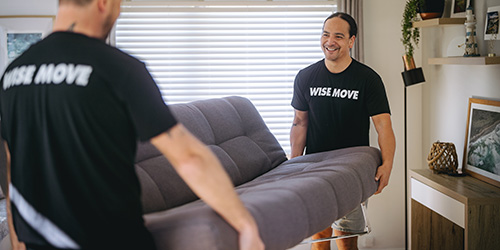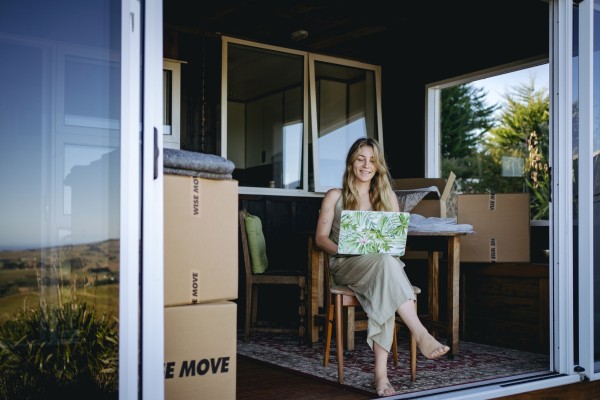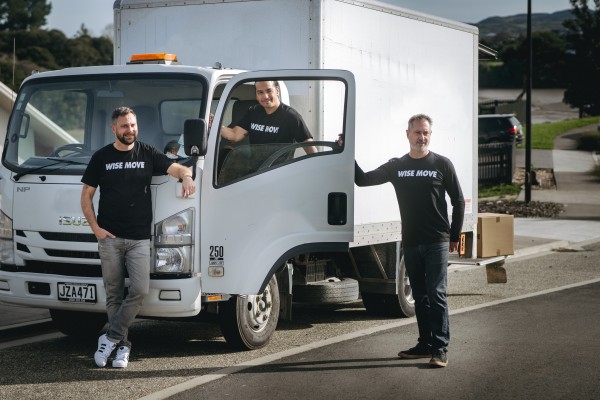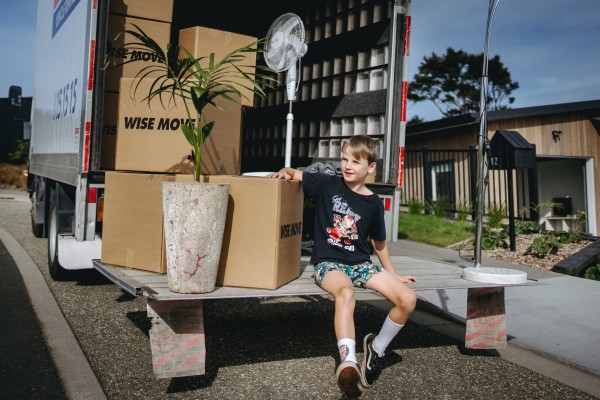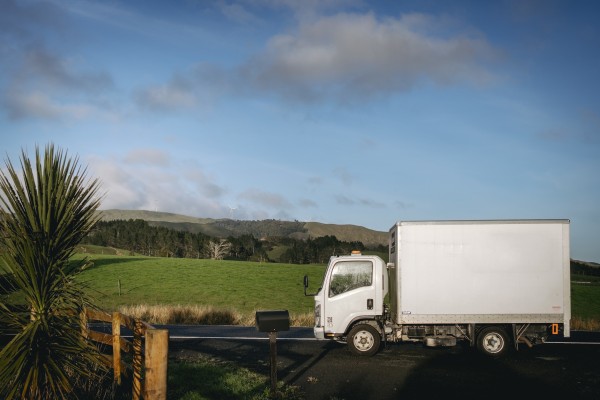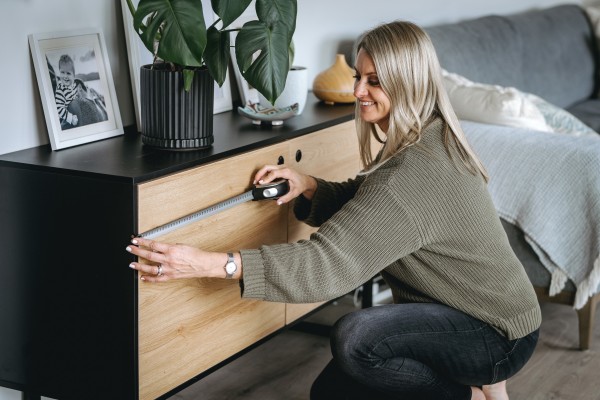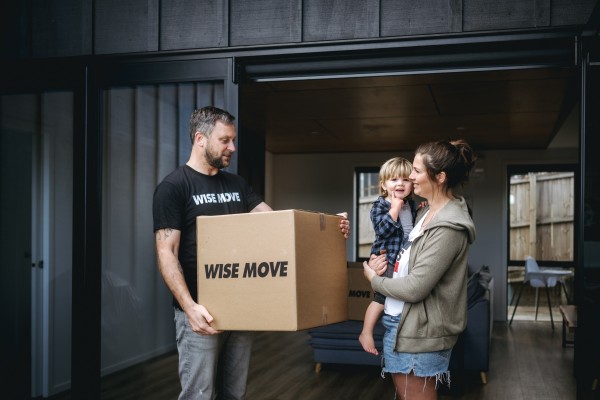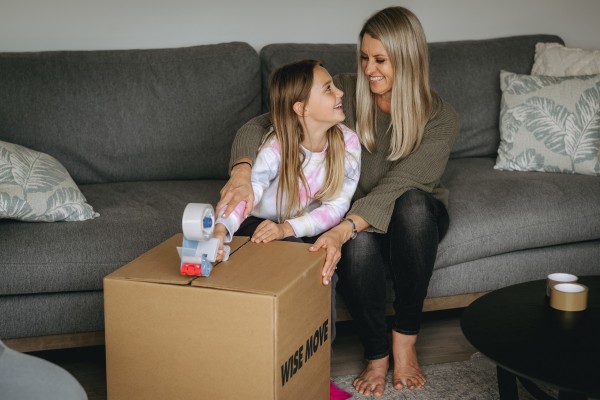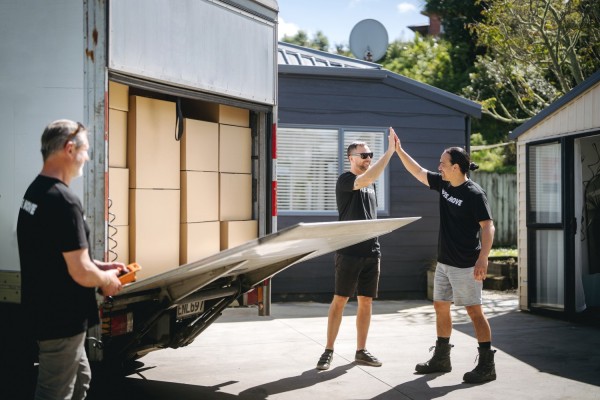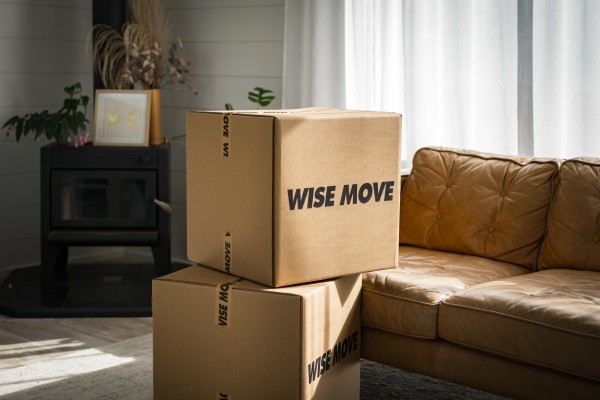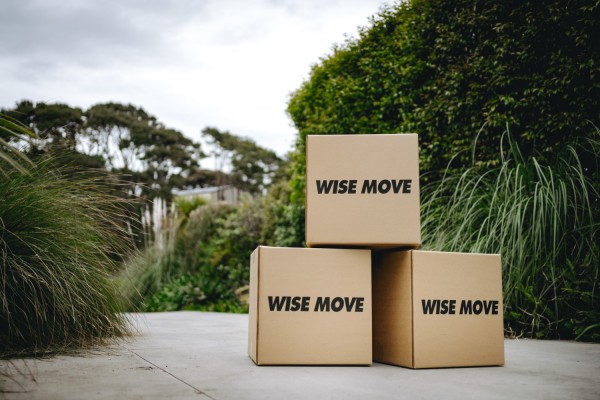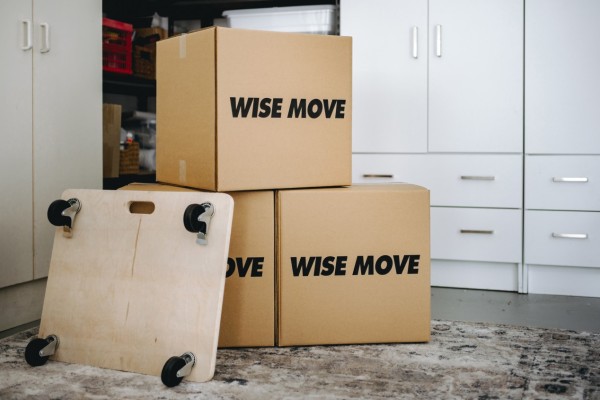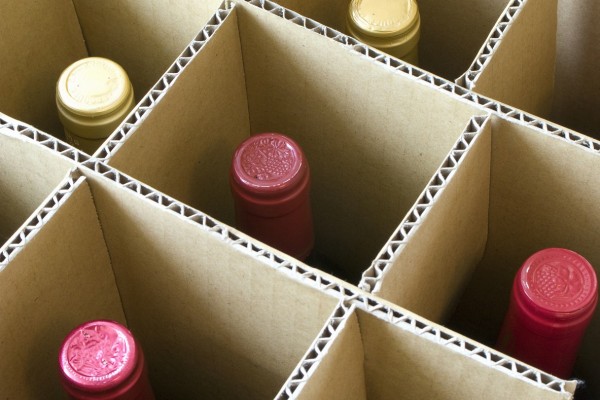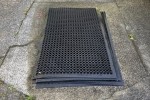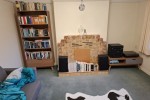A Start-to-finish Checklist Guide for Home Move in New Zealand
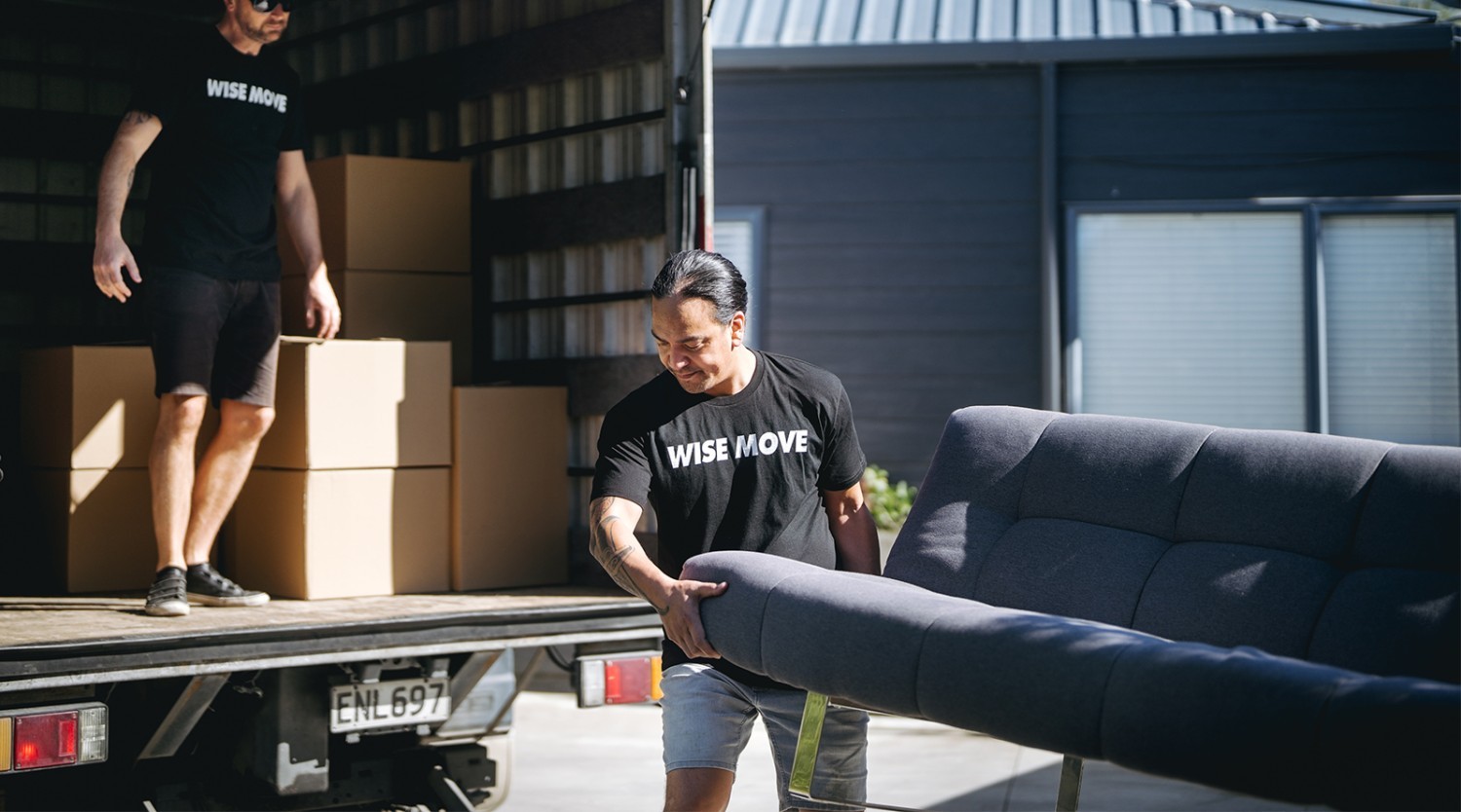
Moving house isn’t a ‘one and done’ task. It takes a few weeks of preparation before your move to ensure that everything goes smoothly on moving day. Even then, moving house can be highly stressful. To help, we’ve put together the ultimate moving guide for a completely stress-free home move.
Moving Checklist Before Moving Homes
6-Weeks Checklist Before Moving Home
Check contracts for fine print
Why should you start planning your move six weeks in advance? Two words: fine print.
Some gym contracts have hidden fine print that requires a minimum of 30 business days to cancel. At the six-week mark, you should prioritise going through any contracts that you might need to cancel or change.
Start a documents folder
Create a folder online (like on Google Drive) and save any moving documentation into it. This folder is where you should store your moving quotes, agreements, home inventory list and any other moving-specific information.
Create a home inventory
There are a few reasons a home inventory is a good idea. Measuring your furniture will help you get a more accurate quote from movers. You’ll also have an easy reference that can help you arrange furniture in your new home. Keep a list of the items, measurements, place of purchase, and price in a document in the cloud, which can help with insurance quotes.
Book a mover
We recommend booking a mover as soon as you can. Certain times of year are notoriously busy for moving companies in New Zealand. If you’re looking to move cities in early February, keep in mind that you’ll be competing with university students for booking a mover. In many places, tenants start their lease between late January and early March. Make sure you book in early if you need a mover over these dates.
4-Weeks Checklist Before Moving Home
Give notice
If you rent and are choosing not to renew your lease, it’s courteous to let your landlords know that you will be moving out. If you’re renting a room and choosing to move, make sure you give your flatmates enough notice to find a replacement. Between two to four weeks notice is usually sufficient.
Declutter
Start decluttering your home. Go through all your cupboards, old boxes, bookcases, closets and storage and start getting rid of things you don’t want to take with you. There’s no point in paying money to lug things around you don’t need. A good rule of thumb is to get rid of anything you haven’t worn or used in two years.
Sell good items online
Items that are in good condition can be donated or sold online. It’s a good idea to allow 2-4 weeks for items to sell. If they sell quickly, that’s one less thing you need to worry about. List your items on Facebook Marketplace or Trade Me.
Start collecting materials
If you don’t have any moving tape or scissors you can buy those closer to the move. Now is an excellent time to start ‘collecting’ soft materials for moving. Keep any bubble wrap, soft packaging, or junk newspapers that get delivered. Use these soft papers to wrap your delicate belongings before putting them in a cardboard box.
Do small repairs
Hopefully, you’ve completed any significant repairs around your home. Now is not the time to consider renovating your bathroom. Instead, see to the small jobs that tend to get put off around the house, such as hiring a Rug Doctor, buffing out any scratches on your walls, spraying for moss on the outdoor pavers.
Book a storage unit
If you can’t move from your current home into your new abode straight away, make sure you book a storage unit in advance. Storage units in New Zealand can cost anywhere from $115 to $400/month, depending on the size of the unit. Not sure what you can or can't store? Our blog will help.
Get moving insurance
If you’re not moving far, you may not need to invest in moving coverage. However, if you’re moving cities or even islands, protecting your belongings with insurance is a great idea. There’s nothing worse than spending money on items that broke during the moving process. If you choose to move with Wise Move, each moving company has their insurance policy and details stated on their profile.
Arrange travel
Now’s the time to book your flights, ask for time off work, recruit your friends to help and just generally plan the logistics of your move. If you are driving the moving truck yourself, plan out your route and arrange how you'll get to the movers to pick up your vehicle.
2-Weeks Checklist Before Moving Home
Get moving boxes
Rather than buying brand new cardboard boxes, find out which day local businesses put out their cardboard recycling. In Wellington, companies put their deconstructed cardboard out on the street for pick up on a Tuesday afternoon. You can collect them off the road for free. If you don’t live near a city, try ringing your local supermarket and asking if they can put some empty boxes aside for you to pick up. Our guide on moving boxes can help.
Pack and label
Pack strategically by keeping similar items together and keeping each box a reasonable weight. It will be easier for you to move them around once delivered to your new place. Label everything with the room it belongs in and the type of content. E.g. Kitchen. Pots & Pans.
Notify any providers
Now is a good time to tell your electricity provider, internet, gas, insurance, bank and any other providers of your upcoming change of address. If you keep the same provider for electricity or internet, find out their process for switching utilities to a new address. If you have home insurance, you’ll need to talk about the coverage at your new home and whether it's different to your current policy.
1-Week Checklist Before Moving Home
Clean fridge & freezer
Start eating your way through the fridge and freezer over the next week so that your whiteware is empty come moving day. Make sure to give your fridge a good clean and defrost the freezer if you need to. A clean fridge will stop ice from leaking or dripping during the move.
Deep clean
Do as much deep cleaning as you can before packing everything away. Start with the rooms you don’t use as much and leave the ‘busy’ rooms, i.e. your kitchen and bathroom, for last. If you can, clean a room and leave it unused until your move.
Create a moving kit
Make a moving kit so that you can still get basic tasks done without going through your boxes. Store this kit in a container that can go with you in your car rather than with the movers. Add things like a pen and paper, torch, kettle, tea and coffee, one set of sheets, chargers, a roll of toilet paper, washing up liquid, plastic utensils, cups or plates that can be washed and stored on moving day.
Confirm your moving date
Ring your mover and confirm the date and time of the move. You should have this information saved in your online documentation folder.
Dismantle big furniture
Dismantling furniture can take longer than you think. Living without a dining table or television console for a few days is less stressful than pulling apart furniture at 3 am the night before you move.
1-Day Checklist Before Moving Home
Grocery shop online
An online grocery shop will save you time and your sanity on moving day. Arrange for your groceries to be delivered in the evening. You should have your fridge moved by then.
Tape up your boxes
Leave a few boxes open until the day before you move. Trust us; you’re bound to have items you’re still using that need to be put away. Keep your packing tape and scissors in your moving kit for this reason.
Collect your keys and garage openers
You’ll likely be handing keys over to a real estate agent or landlord on the day of your move. Ensure you’ve collected all the keys before you need them and put them somewhere they won’t get accidentally packed up. Don’t forget about garage door openers or your mail key.
Take photos
With everything packed up in your home, remember to take photos of the walls, floors and surfaces. If you are a renter, this is essential. You’ll now have proof that you left your home in good condition should anything happen after you vacate the premises.
Prepare food for tomorrow
Think of tomorrow as an excursion day. Buy or prepare some fruit, sandwiches, snacks and drinks that don’t require cutlery or napkins to eat.
Get to bed early
If you’ve followed this list, there shouldn’t be anything left to do tomorrow except physically move. Get to bed early so that you’re up and awake at a reasonable time on moving day.
Ready to Move?
We make moving home easy. At Wise Move, you’ll get access to all of New Zealand's moving companies on one easy-to-use platform. Get the best quote and keep delivery costs down, no matter where you’re moving. Book your moving service across New Zealand now.
What do our customers say?






For every (wise)move
